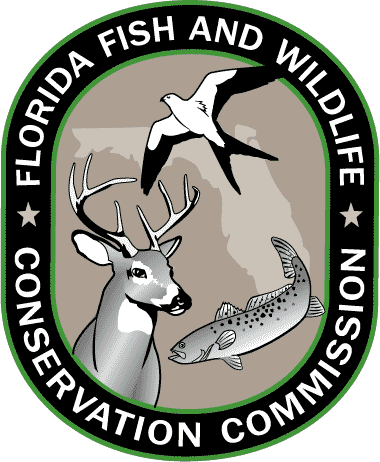Florida FWC to Meet Sept. 5-6 in Tampa

The Florida Fish and Wildlife Conservation Commission (FWC) will meet Sept. 5 and 6 in Tampa to discuss the Statewide Nuisance Alligator Program; gopher tortoise, panther and falconry issues; the anchoring and mooring program; marine life and saltwater fisheries; and modifications to management of Atlantic sea bass and reef fish, among other topics.
The meeting, which is open to the public, will be at the Doubletree Hotel, 4500 W. Cypress St., Tampa, FL 33607. Sessions both days start at 8:30 a.m.
After review of consent agenda items, Executive Director Nick Wiley will present a report.
Division of Hunting and Game Management staff will follow him with a report on the Statewide Nuisance Alligator Program, after which staff from the Division of Habitat and Species Conservation will discuss the conceptual framework for imperiled species management and provide information on panther population assessment and range expansion.
Also Sept. 5, Commissioners will decide whether to move forward with revision of the FWC’s Gopher Tortoise Management Plan. The proposed document is a revision of the 2007 Gopher Tortoise Management Plan and is intended to guide the continued recovery of the gopher tortoise through 2022.
To ensure that falconry can continue in Florida, the Commission will consider draft rule amendments to FWC rules pertaining to falconry, wildlife rehabilitation and other falconry-related issues, because the U.S. Fish and Wildlife Service is relinquishing to the states its share of permitting responsibility.
The final agenda item requiring action Sept. 5 is the latest component of a statewide anchoring and mooring pilot program. Staff will present a review of a proposed ordinance regulating the anchoring or mooring of non-live-aboard vessels outside the marked boundaries of public mooring fields in Monroe County. Commission approval is necessary before the ordinance can be enforced.
On Sept. 6, FWC Commissioners will take up marine fisheries issues, including updates from the Gulf of Mexico Fishery Management Council and the South Atlantic Fishery Management Council meetings; Atlantic black sea bass management changes; and provisions for restricted-species endorsement exemptions for veterans.
The Commission will consider draft rule changes to black sea bass management in Atlantic state waters. The proposed change would modify size and bag limits, and commercial harvest and harvesting gear requirements.
The Commission also will consider, in a final public hearing, creating three commercial license exemptions that will assist Florida’s veterans wishing to enter into the commercial fishing industry.
After deliberating the FWC’s strategic plan, budget issues and legislative proposals, Commissioners will hear an update on tarpon, game fish and sport fish designations and how they might affect some Florida fisheries.
All people who request to speak at a Commission meeting will be allowed to speak to specific issues or about items not on the agenda, according to established guidelines.
For the full agenda, links to background reports and information about the Sept. 5 and 6 Commission meeting, go to MyFWC.com/Commission.
Any person requiring special accommodations to participate in this meeting should notify the agency at least five calendar days before the meeting by calling 850-488-6411. Contact the agency using the Florida Relay Service at 800-955-8771 (TDD) or 800-955-8770 (voice) if you are hearing- or speech-impaired.

